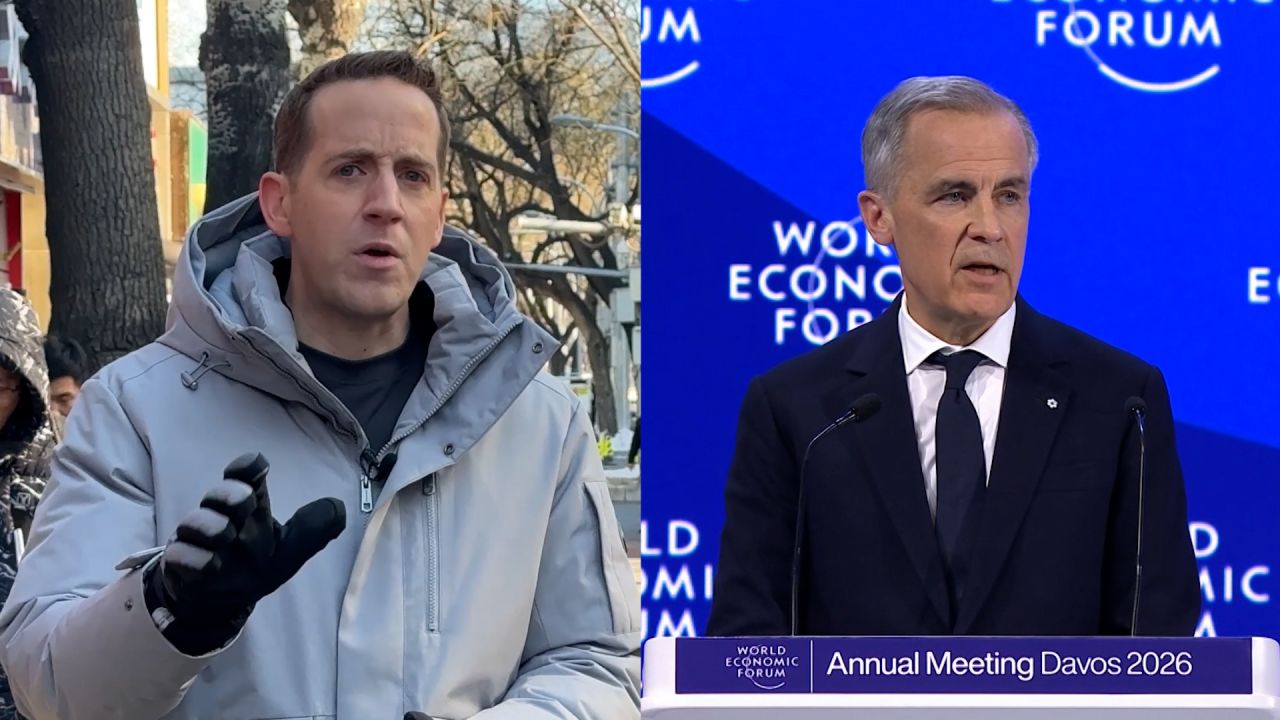
California’s courts have recently struck down several laws aimed at regulating free speech and gun ownership, raising concerns about the state’s approach to constitutional rights. In a notable ruling, federal Judge John Mendez declared that two controversial bills, signed by Governor Gavin Newsom, violated both the U.S. Constitution and the California Constitution. These decisions come amid ongoing debates about the balance between protecting civil liberties and addressing societal issues.
The first significant challenge came against Assembly Bill 2655, known as the Defending Democracy from Deepfake Deception Act. This measure sought to compel social media platforms to block or label AI-generated content. It was introduced in response to political parodies that included images created using artificial intelligence, which some claimed misrepresented political figures, including Vice President Kamala Harris. In a ruling delivered last month, Judge Mendez bypassed the plaintiffs’ arguments regarding free speech, instead focusing on the provisions of the federal Communications Decency Act, which grants immunity to platforms for third-party content.
Shortly after, Mendez further criticized another law, Assembly Bill 2839, designed to prohibit deepfake content close to elections. He stated that this bill imposed undue restrictions on free speech, asserting that while deepfakes pose risks to electoral integrity, the solution does not lie in censorship. “Just as the government may not dictate the canon of comedy, California cannot preemptively sterilize political content,” Mendez wrote. He emphasized that both state and federal constitutions safeguard speech, making AB 2839 unconstitutional.
Despite these judicial setbacks, California lawmakers are poised to continue efforts to regulate online content. Currently, Senate Bill 771 is awaiting action and proposes to increase civil penalties for media platforms that allow content deemed threatening or intimidating. This bill stems from ongoing debates surrounding Israel’s actions in Gaza, following a deadly Hamas attack two years ago. While proponents, including various pro-Israel groups, argue that it is essential for combatting antisemitism, critics, such as the Council on American-Islamic Relations, contend that it could lead to censorship of legitimate criticism regarding the conflict.
An analysis from the Assembly Judiciary Committee has raised concerns that SB 771 might conflict with the same federal protections cited by Judge Mendez in his previous rulings. If enacted, it could expose platforms to significant financial liability, further complicating the legal landscape around freedom of expression in California.
The recent court decisions reflect a broader tension in California politics, particularly among Democratic leaders who criticize federal policies perceived as infringing on civil rights. While Governor Newsom and other legislators argue for the protection of democracy, their attempts to regulate speech and firearms have sparked significant legal challenges. The implications of these rulings extend beyond California, potentially influencing similar legislative efforts across the United States.
As the state navigates these complex issues, the balance between protecting public interests and upholding constitutional rights remains a contentious and evolving debate. The outcomes of these legal battles will likely shape the future of free speech and gun rights in California and beyond.





